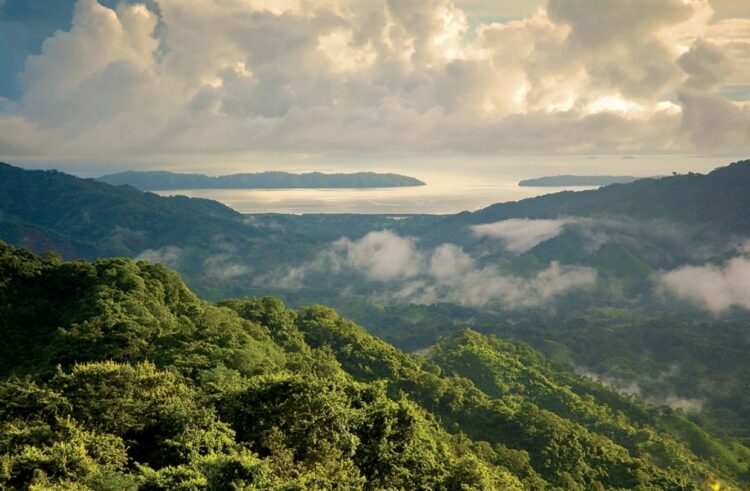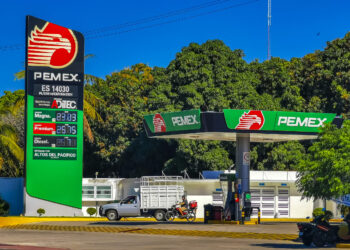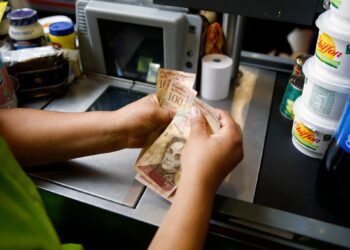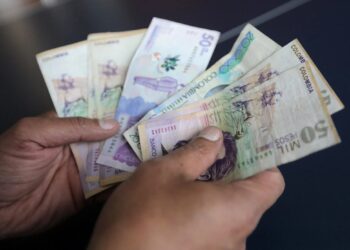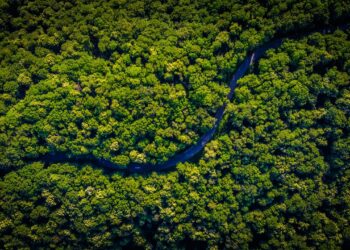El Salvador has secured a landmark $1 billion debt-for-nature swap, a deal orchestrated by JPMorgan Chase & Co. in collaboration with the U.S. International Development Finance Corporation (DFC). The agreement, amounting to around 14% of the country’s debt, aims to both refinance a portion of El Salvador’s outstanding bonds and fund crucial environmental conservation efforts.
This transaction marks JPMorgan’s first venture into debt-for-nature swaps, a growing trend among financial institutions. The deal focuses on the conservation of the Rio Lempa, El Salvador’s longest river, which is vital to the country’s water supply. Catholic Relief Services and El Salvador’s Environmental Investment Fund (FIAES) will oversee the environmental component of the deal, ensuring that the funds are used to restore the watershed and its surrounding ecosystems.
President Nayib Bukele praised the agreement, stating it not only reaffirms El Salvador’s commitment to economic growth but also preserves critical natural resources. The country will save over $352 million from repurchasing its bonds at discounted rates, with $350 million earmarked for the Rio Lempa Conservation and Restoration Program over the next two decades.
Backed by political-risk insurance from the DFC, the deal highlights how credit enhancements can attract private investors even in nations with lower credit ratings, such as El Salvador. This agreement adds El Salvador to a growing list of countries using innovative financial instruments to address both economic and environmental challenges.
The deal positions JPMorgan among major financial players like Credit Suisse and Bank of America, which have already ventured into debt-for-nature swaps. According to Bloomberg, more deals of this nature are in the works as countries and banks alike explore the benefits of merging financial stability with environmental conservation.
